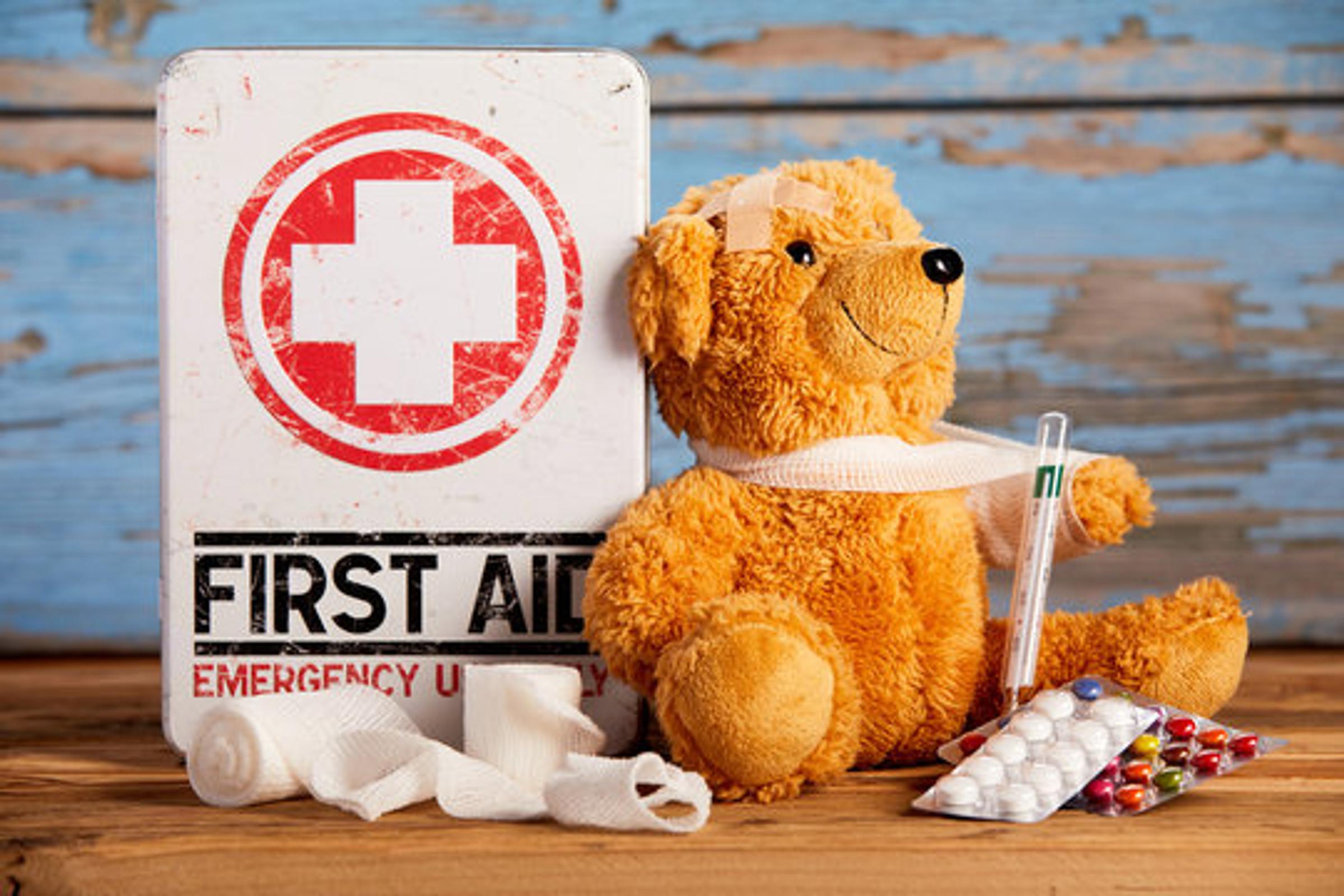First Aid News

Hayfever and Thunderstorm Asthma.
With spring upon us here is some information about hay fever and thunderstorm asthma. If your child requires medication for hay fever or asthma during school hours, please bring medication to the office and fill out a medication authority form or provide a management plan if applicable.
Grass pollen season, which runs from October to December each year, brings an increase in asthma and hay fever symptoms. It also increases the risk of thunderstorm asthma. For people with asthma or hay fever, especially those who experience wheezing or coughing with their hay fever, thunderstorm asthma can be sudden, serious and even life-threatening.
Kalinda Primary School will implement a range of measures to keep our school community safe when the risk of thunderstorm asthma increases.
Many of our staff are trained in asthma first aid, and we will monitor the VicEmergency app to receive thunderstorm warnings, and, where appropriate, keep students indoors when weather forecasts identify greater level of risk.
How you can prepare
During pollen season, there are some things you can do to prepare and protect yourself and your family:
- If your child has ever had asthma: talk to your doctor about what you can do to help protect your child from the risk of thunderstorm asthma, including updating your asthma action plan. Taking an asthma preventer properly and regularly is key to preventing asthma, including thunderstorm asthma.
- If your child has hay fever: see your pharmacist or doctor for a hay fever treatment plan and check if you should have an asthma reliever puffer. These are available from a pharmacy without a prescription.
- If your child has hay fever and experiences wheezing and coughing: it is important to make sure they don’t also have asthma. Speak to your doctor about an asthma action plan.
- Where possible, avoid being outside during thunderstorms from October to December, especially during the wind gusts that come before the storm. Go inside and close your doors and windows. If you have your air conditioning on, turn it to ‘recirculate’.
Protect yourself this pollen season – managing asthma and allergies matters.
Find out more
For more information, visit your general practitioner (GP) or visit the Better Health Channel.
Updating Medical conditions
This is a reminder to update any medical diagnosis or medication taken to your child's profile. All information is stored privately and securely, and only accessed in case of emergency (if and when an ambulance is called). Sometimes medication can make a child feel nauseous or ill and that bit of information can assist us in making them feel comfortable at school.
You can also store a supply of spare medication in the case of a missed dose at the sick bay.
Parents and carers can email the school office, or make a time to speak to Brooke, our school nurse.
